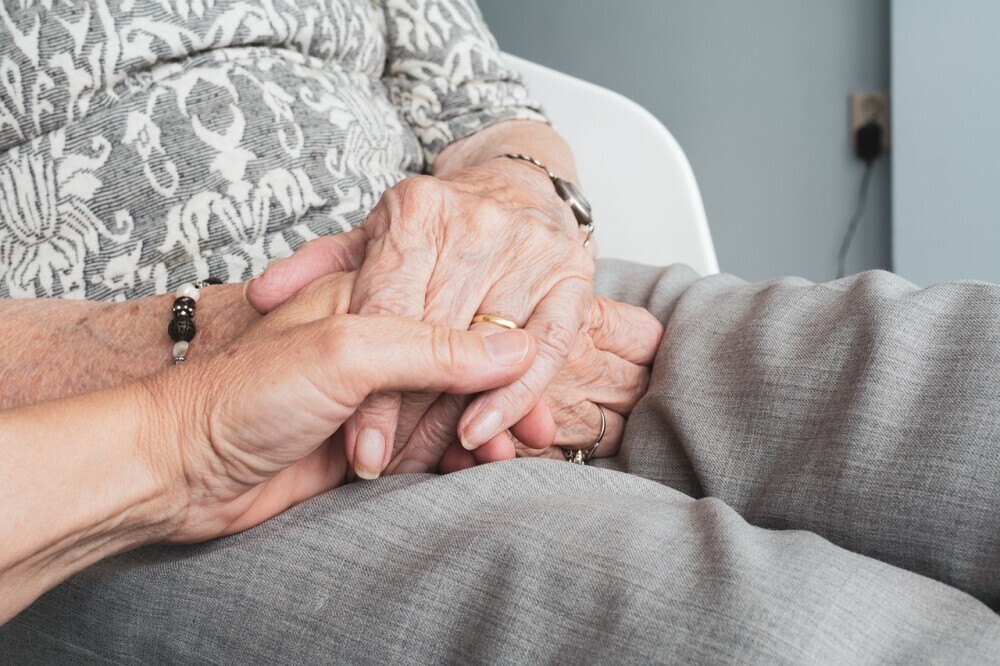Elderly home care is more than just providing a helping hand. It involves professional, compassionate support for older adults.
Some prefer to stay in the comfort of their own homes. Creating a safe, familiar environment can significantly enhance quality of life.

Understanding Home Care Needs
Recent statistics show a rising demand for home care services as the population ages. With the number of people aged 65 and older expected to double by 2050, many families are considering home care options for their elderly relatives. Understanding this need is the first step in ensuring adequate support for our aging population.
Home care isn’t just about physical health. It encompasses emotional and psychological well-being too. Older adults often feel more comfortable, less anxious, and happier when they stay in their own homes surrounded by their memories and loved ones. This emotional comfort can even contribute to better health outcomes.
Real-life stories can be powerful in illustrating the benefits of home care. Take, for example, an elderly couple who transitioned to home care after one was diagnosed with Alzheimer’s. With the right support, they were able to stay together in their home, maintaining a sense of normalcy and routine. These stories remind us of the profound impact that quality home care can have on the lives of the elderly.
Identifying Key Home Care Services for the Elderly
Home care for elderly individuals covers a broad range of services, each tailored to meet specific needs. Understanding these services can help ensure the best care for your loved ones.
Moreover, personal care services play a crucial role. This includes assistance with bathing, grooming, and hygiene. For many elderly people, maintaining personal care routines can become challenging, and having support in these areas can significantly enhance their dignity and quality of life.
Healthcare services are also vital. These range from medication management to professional nursing care. Proper medication adherence can prevent complications and hospitalizations, while skilled nursing care might be required for more complex health issues.
Assistance with daily living activities is another critical aspect of home care. This includes meal preparation and light housekeeping. Regular, nutritious meals and a clean living space contribute to overall health and well-being.
Finally, companionship and social interaction services shouldn’t be overlooked. Loneliness is a real issue for many elderly individuals. Hence, regular social interactions can reduce feelings of isolation and improve mental health.
Whether it’s a conversation over tea, playing a game, or going for a walk, these interactions are incredibly valuable.
Choosing the Right Home Care for Your Loved Ones
Finding the right home care for your elderly relatives starts with a thorough assessment of their specific needs. Consider their medical conditions, mobility issues, and personal preferences. A detailed understanding of these factors helps in matching them with the most suitable care services.
Evaluating home care agencies is a critical next step. Look at their credentials, certifications, and reputation. Do some research and read reviews from other families.
Additionally, seek recommendations from healthcare professionals or friends who have gone through similar experiences. Ensure the agency follows best practices and has a proven track record.
When it comes to hiring home care professionals, asking the right questions can make all the difference. For example, inquire about the qualifications and experience of caregivers.
Also, understanding their approach to care and how they handle emergencies is essential. Make sure to discuss specific needs like dietary restrictions, mobility assistance, and medication management.
Balancing cost and quality is often a concern. While it might be tempting to choose the least expensive option, it’s crucial to ensure the care provided is of high quality.
Explore different payment options and see if there are any financial assistance programs available. Remember, investing in quality care is investing in the well-being of your loved one.
Supporting Family Caregivers
Recognizing the vital role family caregivers play is essential. They often shoulder a significant portion of the caregiving responsibilities, balancing their own lives with the needs of their elderly relatives. Understanding their challenges can lead to better support and resources for them.
Providing resources and training for family caregivers can make a huge difference. This might include training on how to assist with daily activities, manage medications, and provide emotional support to their loved ones. Online courses, local workshops, and support groups are great starting points.
Balancing caregiving with personal life is tough. Encourage caregivers to set boundaries and take time for themselves. This might mean scheduling regular breaks or enlisting the help of respite care services. Stress and burnout are real concerns, and maintaining a healthy balance is crucial for both the caregiver and the elderly individual.
Community support and respite care options are invaluable. Connecting with local organizations can provide additional resources and support. Respite care services offer temporary relief, giving family caregivers a much-needed break while ensuring their loved ones continue to receive quality care.
I hope you found “Elderly Home Care Needs | Enhancing Quality of Life” beneficial. Please check out resources and training to further help you on your journey.
Please feel free to share your thoughts, questions, or comments below. I’d love to hear from you and will be happy to respond.
Veron | Entrepreneur | The Way 4WordEnterprises
